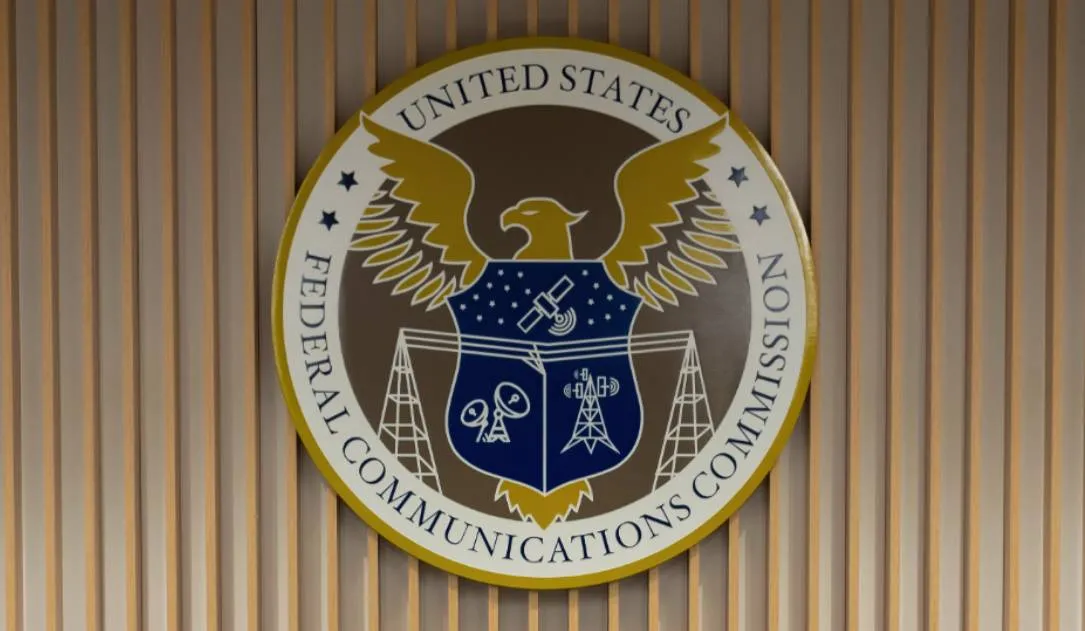A report from Bitsight revealed that UK organizations are taking significantly longer than their European counterparts to remediate software vulnerabilities listed in the US CISA’s Known Exploited Vulnerability (KEV) catalog.
OWASP dep-scan is an open-source security and risk assessment tool that analyzes project dependencies to identify vulnerabilities, licensing issues, and potential risks like dependency confusion attacks.
The UK’s NCSC has launched a new “Share and Defend” system that will provide internet service providers with the same malicious domain blocklists used to protect government networks, helping to raise cybersecurity resilience across the country.
Cybersecurity leaders expect their security operations center (SOC) budgets to grow by up to 20% over the next two years, with the average annual SOC budget currently standing at $14.6 million, according to a survey conducted by KPMG.
Organizations are increasingly using AI-powered measures to address the rise in cloud security incidents, as traditional tools struggle to keep up with rapid technological advancements and sophisticated cyber threats.
The FCC is proposing to mandate that broadband providers develop BGP security plans and document their use of the Resource Public Key Infrastructure (RPKI) security framework.
As per cybersecurity insurance firm At-Bay, remote-access tools, particularly self-managed VPNs from Cisco and Citrix, were the primary intrusion point for most ransomware attacks in 2023, accounting for over 60% of incidents.
The vulnerability can be exploited on multi-user machines, where an attacker can prepare a local repository to look like a partial clone that is missing an object, causing Git to execute arbitrary code during the clone operation.
Two brothers, Anton Peraire-Bueno and James Pepaire-Bueno, were arrested for allegedly manipulating the Ethereum blockchain and stealing $25 million worth of cryptocurrency within approximately 12 seconds in a “first-of-its-kind” scheme.
The Personal Internet Protection (PIP) service aims to provide an additional layer of security to individuals at “high-risk” of cyberattacks like spear-phishing, malware and other threats, ahead of the upcoming election year.









